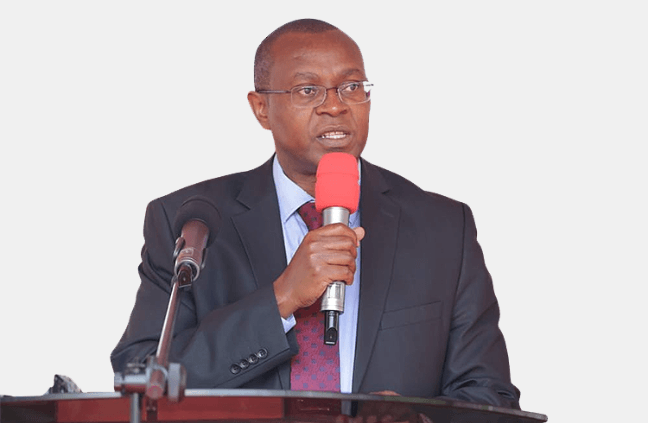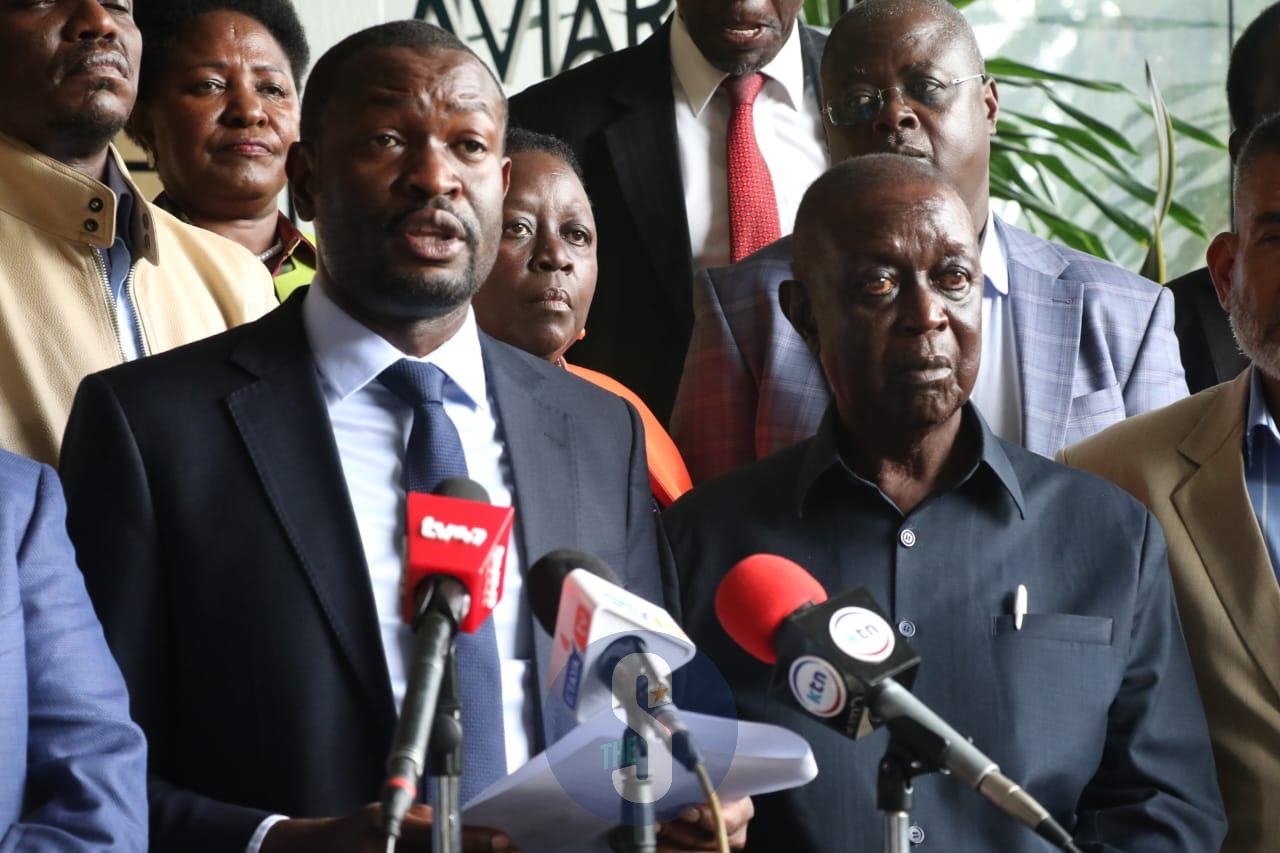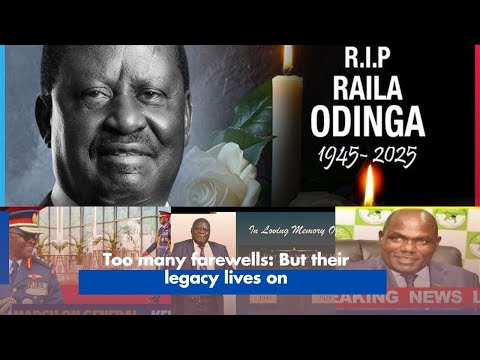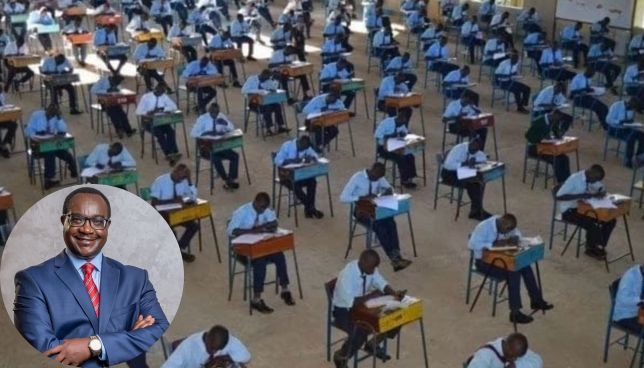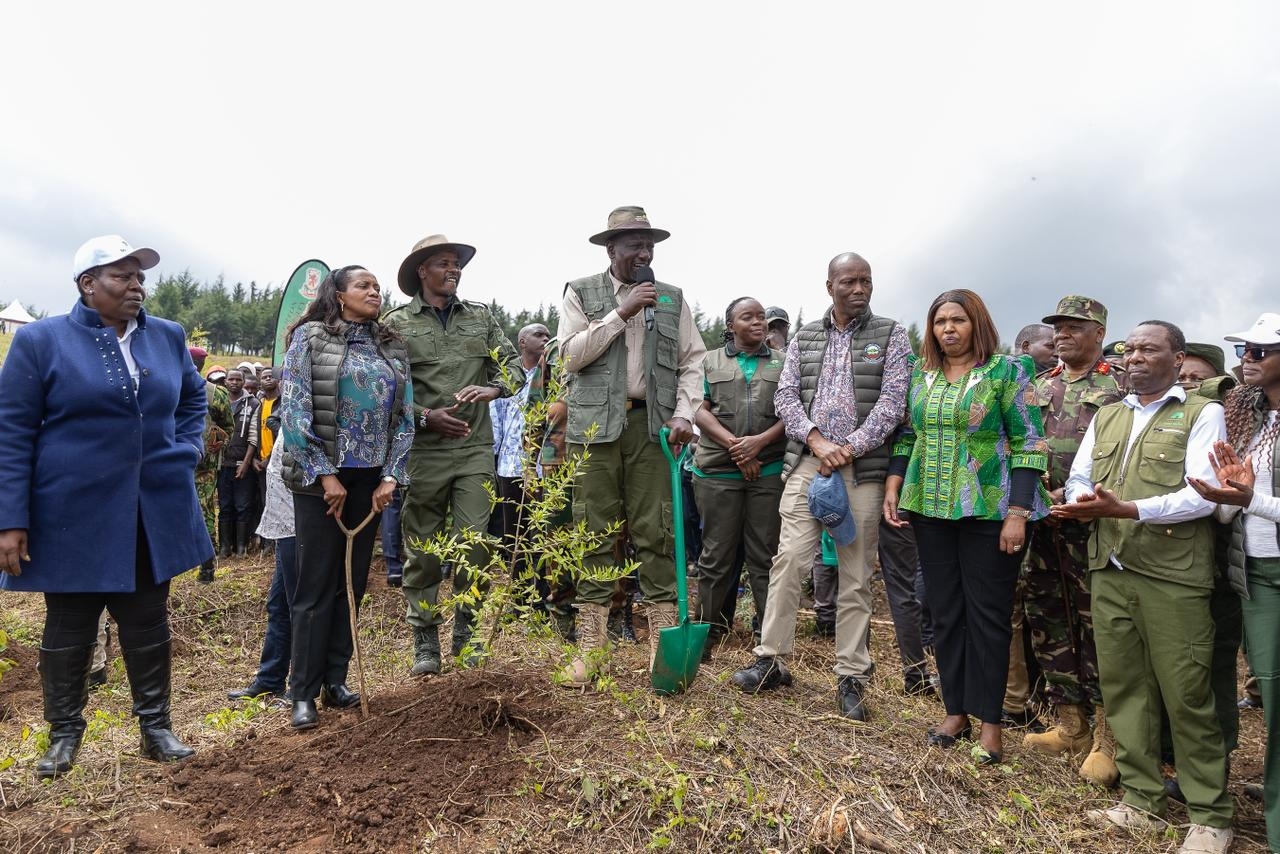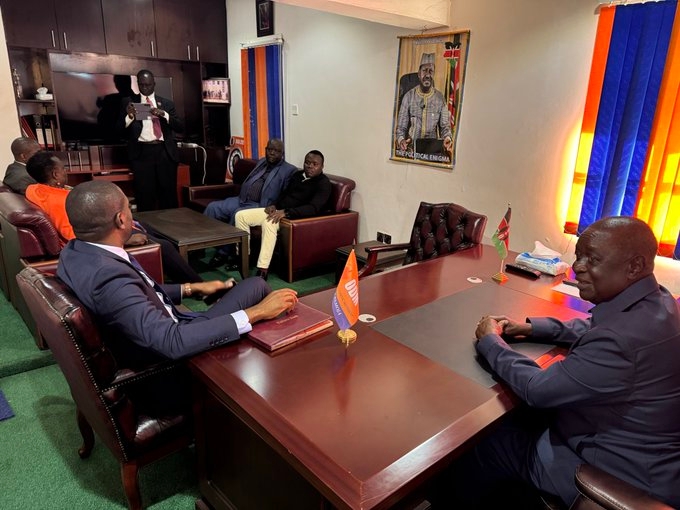Climate experts and representatives from marginalised communities have called for concerted efforts to preserve and promote indigenous knowledge to address climate crisis.
Speaking on Tuesday at Eka Hotel, they said intangible and tangible cultural heritage must be harnessed and utilised.
Titled “Matriarchs of Climate Resilience: Indigenous People at the Heart of Climate Change Policy Dialogue and Exhibition”, the event brought together climate experts, representatives of marginalised communities, storytellers and humanitarian organisations.
The deep understanding of local ecosystems by women in communities like the Maasai is often overlooked, denying them rights over their lands and histories, and limiting their roles in combating climate change.
A photo exhibition during the event celebrated the resilience of indigenous women in the face of climate change as seen through the eyes of Maasai women.
Experts and community leaders called for increased investments in preserving and promoting indigenous knowledge.
Climate change poses a significant threat to cultural heritage, endangering sacred sites, rites and ceremonies due to the changing weather patterns and the displacement of communities from their traditional lands.
Doc Society Director of Africa Programmes Emily Wanja said the weight of unpaid care work in the Maasai community, disproportionately falls on women, making them more vulnerable to climate-related challenges.
“Elevating women's roles is key to ensuring their integral involvement in both adaptation strategies and solutions implementation in the battle against climate change. True transformation begins at the local level where direct and streamlined access to funding empowers communities to build resilience according to their own needs," Wanja said.
"Each community has a unique narrative in the climate struggle, with one of the main challenges being the accessibility of designated funds for assistance,” she added.
Hivos country engagement manager Ndinda Maithya said climate finance should be easily accessible to grassroots communities.
“The bureaucracies and long processes should be discouraged. Communities are already conducting different climate actions in their areas without support/financing; hence climate finance comes to scale up their initiatives.”
Kenya Meteorological Department climate scientist Patricia Nying’uro said sometimes the data they analyse feels far removed from the actual reality of the people experiencing it.
“Interacting directly with women on the frontlines of climate change in a country categorised by the Intergovernmental Panel on Climate Change as among the most vulnerable, has been a profound eye opener for scientists and policymakers alike,"Nying’uro said.
Through their photos, Irene Saitoti and Claire Metito return to their roots in Narok to tell the stories of three Maasai matriarchs.
The two women just like others out there, confront the challenges of their social identities while navigating the intricate complexities brought about by the climate crisis.
Saitoti and Metito are two of the seven 2021 graduates of a training programme in collaboration with the National Adaptation Plan Global Network.
The Initiative called Envisioning Resilience, aims to bring the perspective of underrepresented women into climate adaptation planning using photography.
The beneficiaries went through a four-month training, facilitated by Lensational, a non-profit social enterprise, that aims to empower underrepresented women by equipping them with photography training and equipment.
The platform provides women with the skills to tell their stories, ensuring their voices are heard and seen.
Last year, a report UN titled ‘Dimensions and examples of the gender-differentiated impacts of climate change, the role of women as agents of change and opportunities for women' detailed how women have borne the brunt of climate change.
The UN report showed women are most affected by the adverse effects of climate change compared to men.
Every day, hordes of women trek a dozen kilometres in search of water, food and firewood.
The conditions are exacerbated by droughts, floods and rising sea levels.
The UN Framework Convention on Climate Change prepared the report based on submissions from parties to the convention and observer organisations.
Kenya, which is a party to the UNFCC Convention, made submissions to the report.



